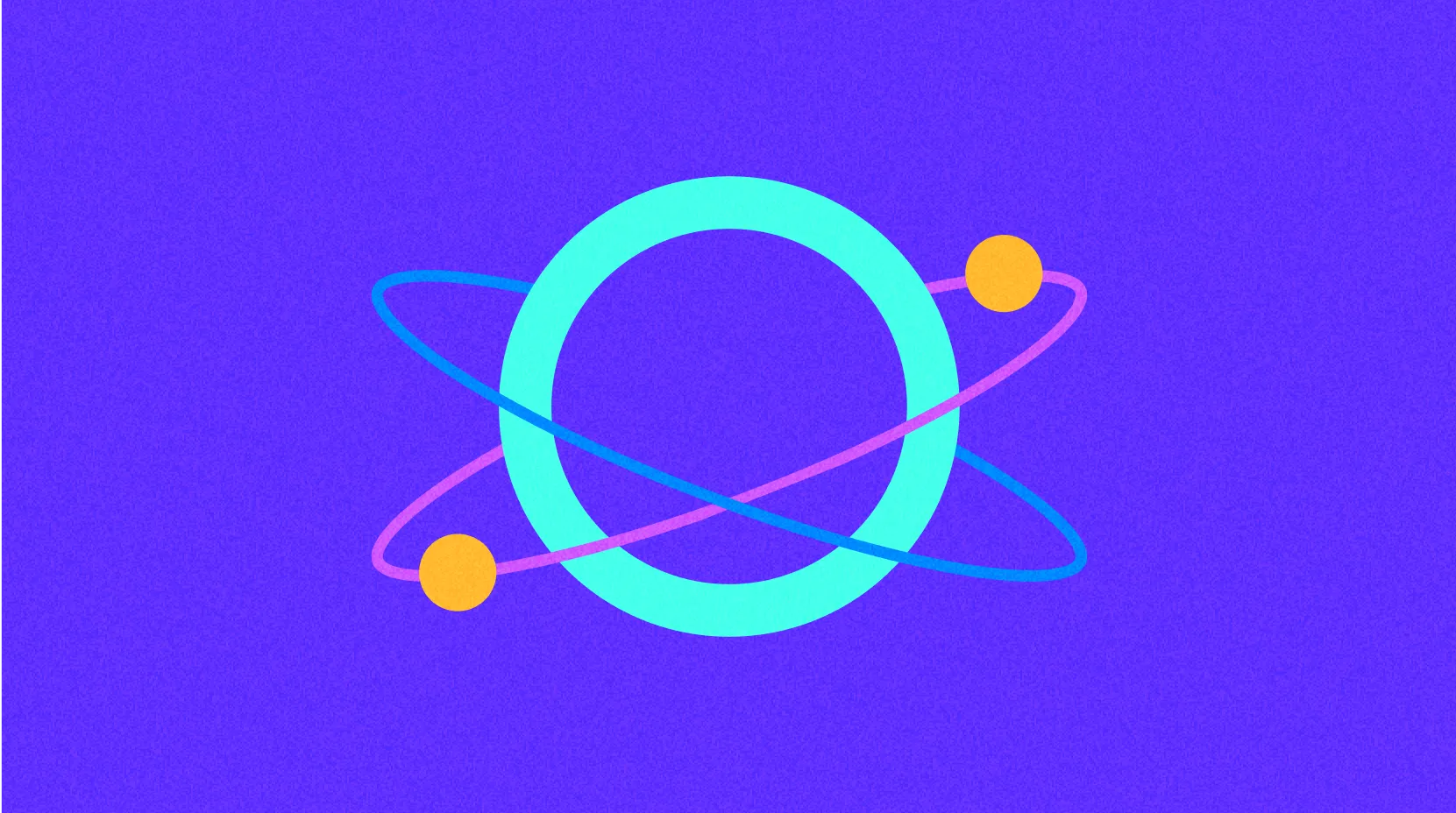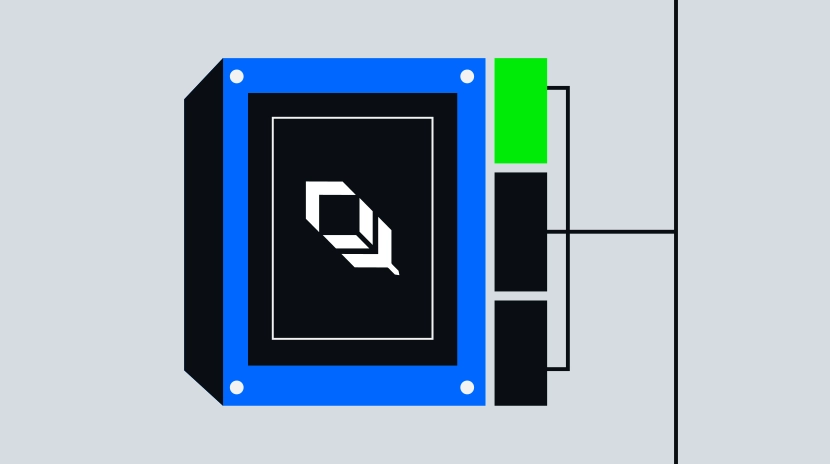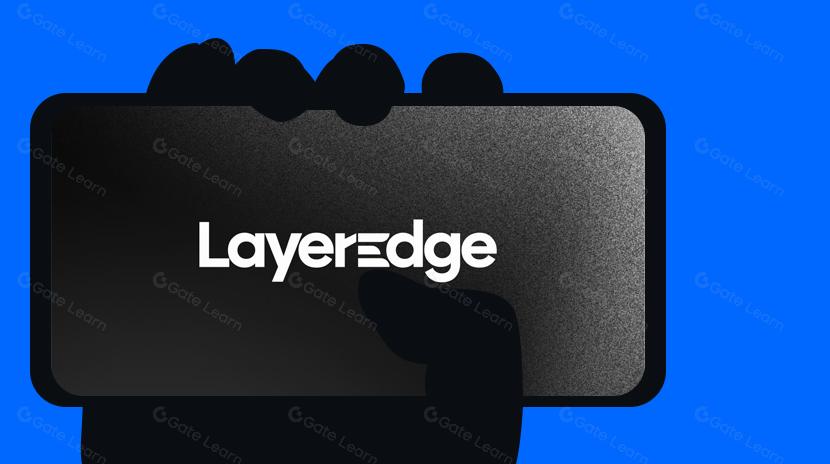zk rollup

ZK Rollup is a revolutionary blockchain scaling solution that combines zero-knowledge proof technology with Layer 2 scaling strategies. It significantly improves blockchain throughput and transaction efficiency by executing transactions off-chain while publishing only cryptographically verified succinct proofs on the main chain. ZK Rollup allows hundreds or even thousands of transactions to be compressed into a single proof while maintaining the same security guarantees as the main chain, making it a key technology for addressing scaling issues on public blockchains like Ethereum.
Background: The Origin of ZK Rollup
ZK Rollup technology was first proposed in 2018 by Ethereum researcher Barry Whitehat as an innovative application of zero-knowledge proof technology in the blockchain scaling domain. It emerged in response to Ethereum's network congestion and high Gas fees, which were hindering the mass adoption of blockchain technology.
Before ZK Rollup, blockchain scaling primarily relied on solutions like sharding and sidechains, but these methods often compromised security and decentralization to varying degrees. ZK Rollup, through zero-knowledge proof technology, cleverly achieved scaling without sacrificing security, thus gaining widespread attention.
With the explosive growth of the DeFi ecosystem since 2020, ZK Rollup technology entered a period of rapid development, with notable projects like zkSync, StarkNet, and Hermez emerging. These projects have brought the technology from theory to practical application, continuously optimizing its performance and user experience.
Work Mechanism: How ZK Rollup Works
The working principle of ZK Rollup is based on three core components: off-chain computation, zero-knowledge proofs, and data availability. The specific operational mechanism is as follows:
-
Transaction Aggregation and Processing:
- Users submit transactions to the ZK Rollup's off-chain environment
- A designated Operator collects and processes these transactions, updating the system state
- Multiple transactions are batched together for processing, significantly increasing throughput
-
Zero-Knowledge Proof Generation:
- The Operator generates a zero-knowledge proof (ZK-SNARK or ZK-STARK) for each batch of processed transactions
- This proof mathematically verifies that all transactions are valid and state transitions are correct
- The proof itself is extremely succinct with low verification cost
-
Data Publishing and Verification:
- A compressed version of transaction data is submitted to the main chain along with the proof
- Smart contracts on the main chain verify the validity of the zero-knowledge proof
- Once the proof is verified, the new state is confirmed as valid
-
State Storage Mechanism:
- ZK Rollup maintains a succinct commitment on the main chain representing the current system state
- Users can verify their asset ownership at any time based on on-chain data
- This design allows ZK Rollup to inherit the security of the main chain
Risks and Challenges of ZK Rollup
Despite its promising future, ZK Rollup technology still faces multiple challenges:
-
Technical Complexity:
- Zero-knowledge proof algorithms are complex with high development barriers
- Proof generation is computationally intensive and requires powerful hardware
- Technical implementation is more complex compared to other Layer 2 solutions
-
User Experience Limitations:
- Early ZK Rollups didn't support full smart contract compatibility
- Cross-Rollup communication mechanisms are still immature
- Users and developers need to adapt to new interaction models
-
Centralization Risks:
- Proof generation may rely on a small number of operators, raising centralization concerns
- System updates may be temporarily impossible if proof generators don't cooperate
-
Economic Model Challenges:
- The cost of operating proof generation needs to be reasonably allocated
- Balance must be maintained between user experience, security, and economic sustainability
- Competition between different ZK Rollup projects may fragment ecosystem resources
While ZK Rollup technology is one of the most promising solutions in the blockchain scaling field, its widespread application still requires time and technological iterations to overcome these challenges.
ZK Rollup represents an important direction in blockchain technology development, enabling possibilities for large-scale applications. As a solution that balances high throughput, low cost, and security, ZK Rollup has proven to be an effective path to achieving blockchain scalability. With the maturation of technology and expansion of application scenarios, ZK Rollup is poised to become a critical bridge connecting current blockchain infrastructure with future mass adoption, laying the foundation for the healthy development of decentralized finance and application ecosystems.
Related Articles

Exploration of the Layer2 Solution: zkLink

What is Plume Network
